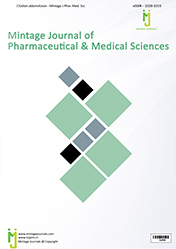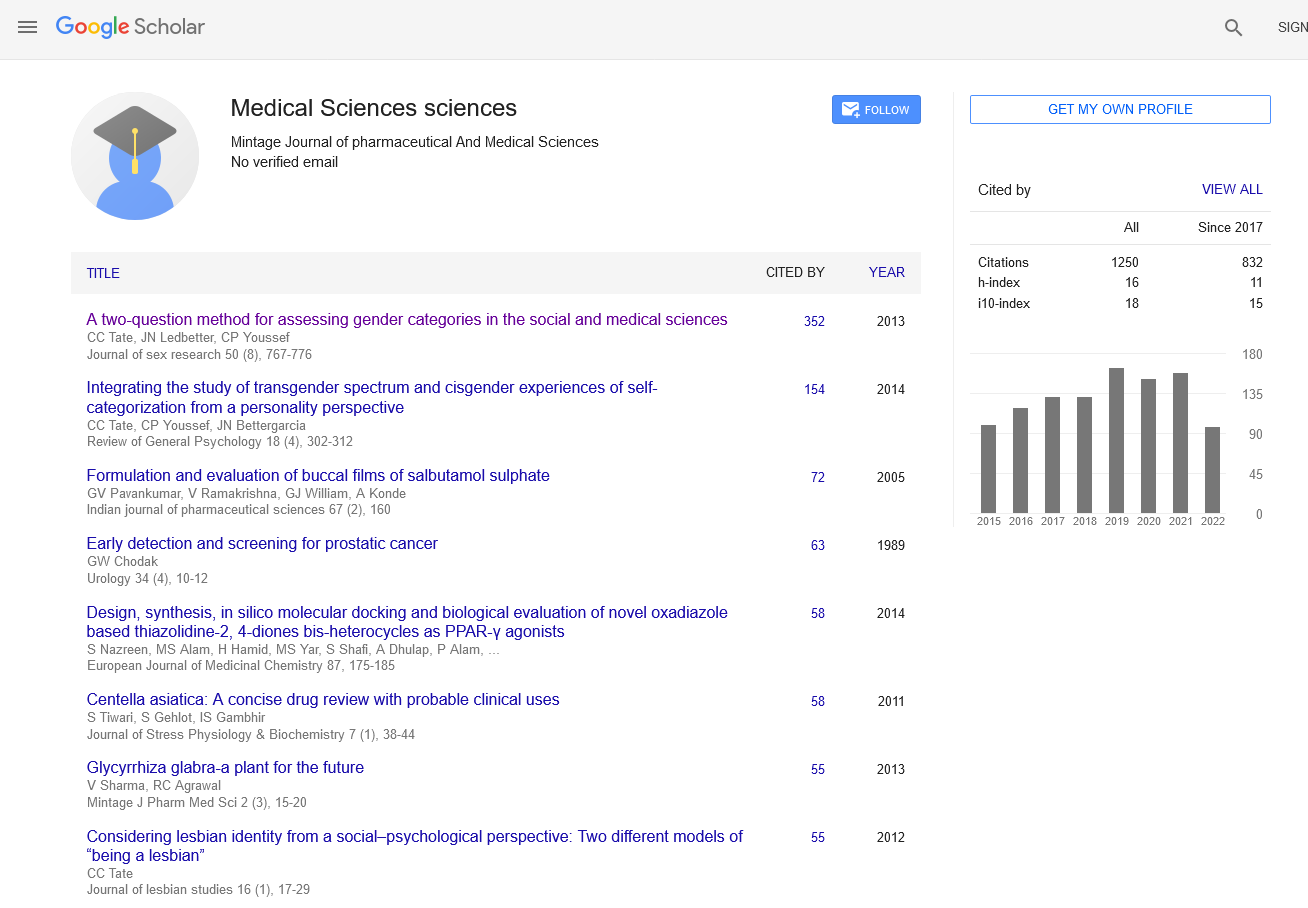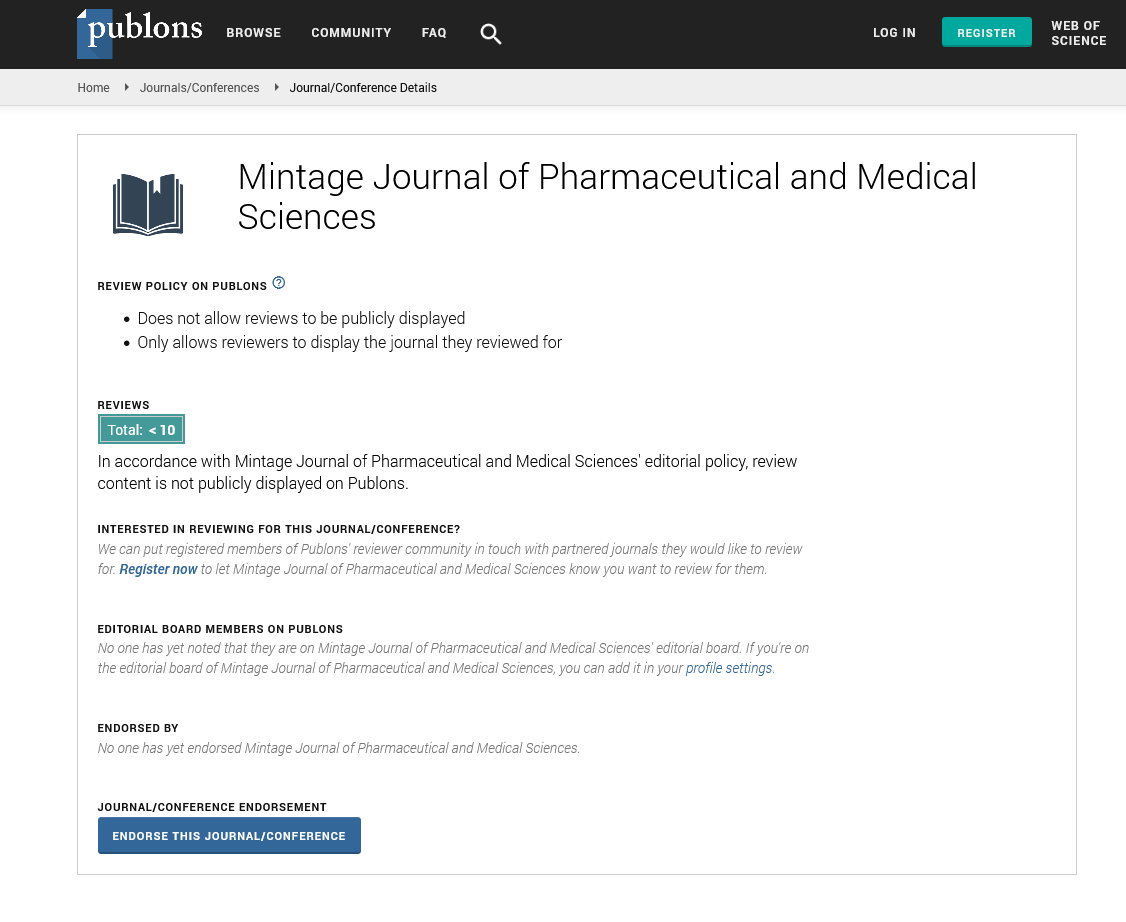Pharmacogenomics: How Genetics Influence Drug Response and Treatment Outcomes
Commentary - (2024) Volume 13, Issue 4
Description
Pharmacogenomics, a growing field within pharmacology, explores how genetic differences affect individual responses to drugs, leading to personalized medicine tailored to each patient’s genetic makeup. Ultimately, pharmacology is a cornerstone of medical science, impacting everything from the discovery of new treatments to their clinical applications. Its continuous evolution ensures better therapeutic options, improved patient outcomes, and advancements in global healthcare. Pharmacology is divided into several sub-disciplines, each focusing on different aspects of drug action and use.This branch examines how drugs exert their effects on biological systems, including mechanisms of action, receptor interactions, and dose response relationships. This area studies how drugs move through the body, covering absorption, distribution, metabolism, and excretion. It focuses on the application of pharmacological priciples in clinical settings to ensure safe and effective drug use in patients. This field explores the impact of drugs on the nervous system and their potential use in treating neurological disorders. A sub-discipline of neuropharmacology, this branch investigates drugs that affect mood, behavior, and mental health conditions. It deals with the study of harmful effects of chemicals, including drugs, on living organisms. This branch examines genetic factors that influence individual responses to drugs, paving the way for personalized medicine. The development of new drugs is a complex and rigorous process that includes several stages. Researchers identify potential drug candidates through extensive screening and testing of chemical compounds. Laboratory and animal studies assess the safety and efficacy of drug candidates before human trials. Conducted in three phases, these trials test the drug’s safety, dosage, efficacy, and potential side effects in human volunteers. Regulatory agencies such as the FDA (U.S.), EMA (Europe), and CDSCO (India) evaluate clinical trial data before approving drugs for market use. Continuous monitoring ensures drug safety and effectiveness after public release. Drugs exert their effects by interacting with biological targets such as receptors, enzymes, ion channels, and transporters. Some major classifications includes used to treat bacterial infections. Pain relievers, including opioids and non-opioids . Drugs that treat depression. Medications for heart-related conditions. Used in cancer. Pharmacology is essential for the advancement of medical science and healthcare. Its significance includes provides insights into how drugs affect biological systems, aiding in the rational design of new medications. Pharmacogenomics helps tailor drug therapies based on genetic profiles, enhancing treatment efficacy. Knowledge of drug interactions and adverse effects ensures safer prescribing practices. Continuous research in pharmacology leads to innovative treatments for various diseases. Despite its advancements, pharmacology faces several challenges, such as the emergence of antibiotic-resistant bacteria poses a significant threat to public health. Some drugs cause unexpected side effects, necessitating rigorous post-marketing surveillance. The extensive research, testing, and regulatory approval process make drug development expensive and time-consuming. Issues related to clinical trials, animal testing, and drug pricing continue to spark ethical debates. The field of pharmacology is evolving with several emerging trends, includings AI accelerates the identification of potential drug candidates and optimizes clinical trials. The rise of biologic drugs, including monoclonal antibodies and gene therapies, is transforming treatment approaches. Nanoparticles enhance targeted drug delivery, minimizing side effects. Advances in pharmacogenomics enable personalized treatment plans for patients. Gene-editing technologies hold promise for treating genetic disorders through targeted drug therapies.
Acknowledgement
The authors are very thankful and honoured to publish this article in the respective Journal and are also very great full to the reviewers for their positive response to this article publication.
Conflict Of Interest
We have no conflict of interests to disclose and the manuscript has been read and approved by all named authors.
Author Info
Samary Derk*Received: 02-Dec-2024, Manuscript No. mjpms-25-160949; , Pre QC No. mjpms-25-160949 (PQ); Editor assigned: 04-Dec-2024, Pre QC No. mjpms-25-160949 (PQ); Reviewed: 18-Dec-2024, QC No. mjpms-25-160949; Revised: 23-Dec-2024, Manuscript No. mjpms-25-160949 (R); Published: 30-Dec-2024, DOI: 10.4303/2320-3315/236035
Copyright: This is an open access article distributed under the terms of the Creative Commons Attribution License, which permits unrestricted use, distribution, and reproduction in any medium, provided the original work is properly cited.

ISSN: 2320-3315
ICV :81.58

